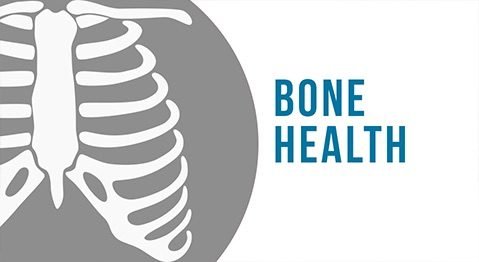By Mary M. Nara, APRN, FNP-C
Bone health is of special interest to me as I have a very strong family history dealing with this issue. My mother has severe osteoporosis and has had more than a dozen spine fractures without ever falling. Bone health is important for everyone, but especially for women after menopause and other people with certain other medical conditions like chronic kidney disease.
People that do not have healthy bones have a condition called Osteoporosis – a bone disease that occurs when new bone growth doesn’t keep up with old bone removal.
Symptoms
Bone density peaks when a person is in their mid 20s. As we age, our bones become weaker. While there are no symptoms in the early stages of bone loss, after you develop Osteoporosis you may experience these symptoms:
- back pain
- loss of height over time
- poor posture
- easy bone fractures
Treatments
There are a variety of different treatment options for Osteoporosis including medications but the first step for everyone is to have adequate intake of calcium and Vitamin D and to do regular weight bearing exercises.
Eat more calcium rich foods including milk, cheese and other dairy; and green vegetables like kale and broccoli.
Vitamin D is often added to food, like vitamin D milk or vitamin D fortified juice or cereal. It can also enter the body through sunshine but because of skin cancer risks, this route is not really recommended.
Vitamin D helps your body absorb calcium. There have been recent changes in the way medical providers screen for and treat Vitamin D deficiency. For most people, 600IU to 800IU daily of vitamin D is adequate and routine screening and monitoring for vitamin D levels isn’t necessary.
Be sure to discuss with your healthcare provider which what calcium and vitamin D supplements are recommended for you.


